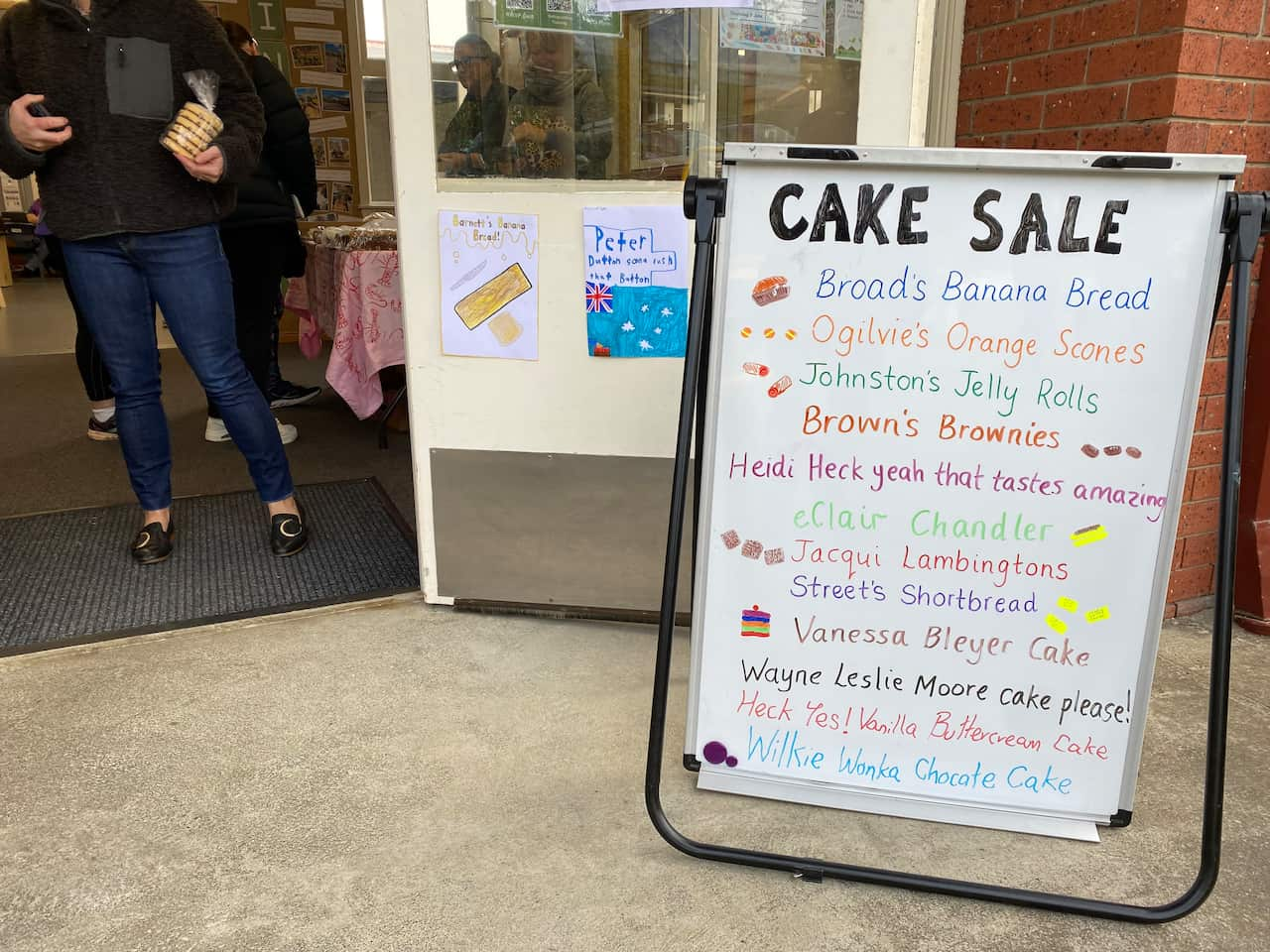Key Points
- Tasmania is holding its second state election within 16 months.
- A no-confidence vote in the Premier led to the snap election.
- Another minority government could potentially be voted in.
Tasmanians may have a sense of déjà vu on Saturday as they head back to the polls.
Following the Federal Election in May and a state election last year, an early state election is being held after Tasmania's governor conceded a workable government could not be formed.
It will be Tasmania's second state election in 16 months and the fourth in seven years.
This is what we know about the election dubbed 'the one nobody wanted'.
No-confidence vote prompted election
Beleaguered Liberal Premier Jeremy Rockliff was granted an early election following a no-confidence vote against him in parliament in June.
Concerns about Tasmania's poor financial position had prompted the vote of no confidence.
The state budget forecast had the state with more than $10 billion in debt by 2029.
There had also been major cost blowouts in the project to launch two new Spirit of Tasmania ferries, which link the island state with the mainland, and disagreement over the government’s plan to potentially privatise some state-owned businesses.

Other parties were able to get the numbers in the no-confidence vote, given that the Liberal government formed after the 2024 election was a minority government with just 14 members.
Rockliff resisted pressure to resign.
After the Premier consulted the Governor of Tasmania Barbara Baker, she decided to dissolve parliament and call an election.
"I make this grant because I am satisfied that there is no real possibility that an alternative government can be formed," she said.
Candidate and potential premiers
Labor leader Dean Winter could become premier within 18 months of becoming opposition leader.
The 40-year-old former councillor became his party's leader following its 2024 election loss.
Despite reports that former senator Eric Abetz and ex-deputy premier Michael Ferguson were willing to be Liberal leader following the no-confidence vote, Rockliff insisted the backing of his party room was solid and he remained leader.
The 55-year-old has been premier since 2022 and part of the state's Liberal government since they came to power in 2014.
The Liberals recruited former federal MPs Gavin Pearce and Bridget Archer to run, while Labor has done the same with Brian Mitchell.
Anti-salmon activist Peter George, who picked up sizeable support at the federal election, is among a record cohort of 44 independent candidates.
The Nationals are aiming to enter parliament via former Liberal John Tucker and ex-Jacqui Lambie Network MPs Andrew Jenner and Miriam Beswick.
Chance of a hung parliament
Multiple surveys point to the election resulting in another hung parliament, meaning no single party would hold a majority of seats.
This is the situation that Rockliff's government had faced after the last election, with the government requiring support of members from outside its party to pass legislation.
The latest opinion survey suggests the Liberals will pick up more seats than Labor, but neither will reach the 18-seat mark required for majority.
Polling suggests 20 per cent support for independents, with the Liberals on 35, Labor on 25 and the Greens on 16.
Both major parties have ruled out doing a deal with the Greens to form government, but have said they are prepared to work with "sensible independents".
The Greens could end up wielding power from the crossbench.
Election promises
Rockliff's pledge for a state-owned insurance company to bring down the prices of premiums has been lashed by Labor as a thought bubble.
Treasury on Friday revealed it was unable to cost the proposal because of insufficient detail, and it would likely incur additional costs for any government.
The Liberals also promised a reduction in red tape around residential planning approvals and talked about a new agricultural learning centre
Labor's campaign has been focused on promoting a fresh start.
It plans to implement a policy whereby any new public schools or major school redevelopment must include a childcare centre.

The party has also seized on the state's financial woes.
"Our finances are the worst in the nation," Winter said.
"Health waitlists are double the size they were a decade ago, and young people are fleeing the state in record numbers."
The Greens have pledged to continue their fight against a new AFL stadium that is supported by the Liberals and Labor and a requirement for a side in the national competition.
"Poll after poll, door after door we've heard loud and clear Tasmanians overwhelmingly do not want a new stadium," Greens leader Rosalie Woodruff told reporters.
The Hare-Clarke voting system
Votes will be counted differently in the Tasmanian poll to how they are counted in other state and territory elections.
The island state uses the Hare-Clarke system, which is a single transferable vote method of proportional representation that sees ballot papers move between candidates as determined by the elector's marked preferences.
The Tasmanian Electoral Commission said this means the composition of the House more closely reflects the proportion of primary votes for each party on a state-wide basis.
Under the system, seven MPs are elected in each of the state's five electorates.

